While in Senegal as a Peace Corps volunteer, I received three care packages. They were few and far between, but full of precious items: bacon bits, ranch dressing packets, cured sausage, and good pens. I hid the contents under pillows and behind books where I knew my host family would not venture. To my surprise, there is an absolute obligation to share all that you have (especially if it is edible) with all the people in the room or a crowded bus. Even if that means you only get one gummy worm when there were fifty in the bag. This is the way it is.
So I threw away the packaging of those consumed treats down the street so my family didn't suspect my treachery. These were my things. And they wouldn’t like it anyway, I told myself.
Only in my second year did I accept and come to enjoy the cultural mindset that what is mine is yours. In Wolof, when someone says ‘Thank You’, the response is nokubok, which translates to ‘we share it’. I can’t give what is already yours.
Nokubok. We are built to share what we have with one another. It is a simple yet perfect way to love one another.
Of course this can be hard to do. Especially when it is not so ingrained in our culture. I would fume when they used my one and only pot and not put it back in its rightful place, but I at least started asking for things in my care package that everyone would enjoy.
Simply, I’m still learning how to live compassionately, but my family in Senegal taught me a great deal. Most of all, to share is to love.
